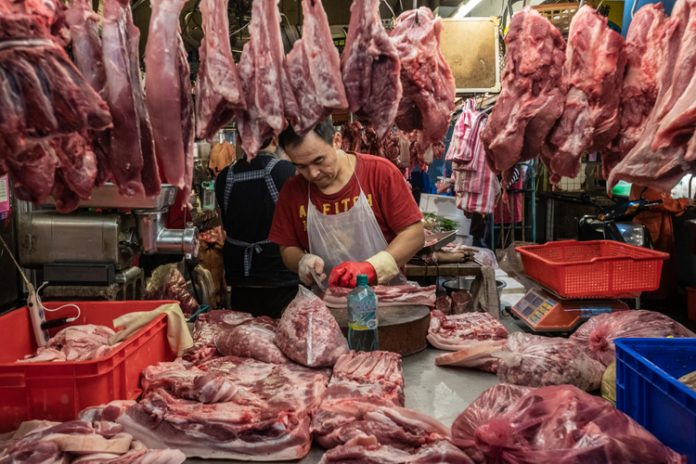
A recent study has gone ahead and once more confirmed the link between wildlife supply chains and the spread of the coronavirus infection. The study establishes that the risk of infection spread is highly associated with the proliferation and growth of wet markets around the world and the wildlife supply chains from local/community level traders to big markets .
The study warns that people who consume animals and other produce from such markets will be at a greater risk of getting infected by the coronavirus infection. The main reason for this is that many viruses such as the coronavirus first began in some of the species that were being sold at such wet markets and gradually spread to human beings when they became part of people’s food consumption pattern.
The research has been published in PLOS ONE journal and reminds us that the coronavirus pandemic which began in some specific bat species and has today become the biggest concern of countries throughout the world, began in wet markets of Vietnam from 2013 to 2014. A high degree of bats and rodents that were sold through these supply chains reported having contracted the infection and thus it becomes certain that the coronavirus spread chain has its origins in the wet markets and in consumption of meat from such markets over the world.
To understand how the virus spreads and how the wildlife species can lead to the spread of the coronavirus among humans, the researchers analysed the presence and diversity of this virus family among wildlife and tried to understand the interface between the presence of the virus among wildlife and its possibility of spreading especially through understanding the situation in Vietnam from 2013 to 2014.
The spread of the coronavirus can be estimated by the fact that 34% of the rat samples that were sorted for human consumption and 74% bats that lived close to human settlements had high proportions of coronavirus infection. From rats sold by suppliers and traders to those sold to local and community level sellers directly from the field, the possibility of coronavirus infection was really high in rats and rodents considered fit for coronavirus.
Other wildlife species that reported high rates of coronavirus infection were farm rats, Malayan porcupines, bamboo rats etc. One of the most important steps that have to be taken to reduce the risk of people against the spread of coronavirus is through improving surveillance mechanisms in wet markets and controlling wildlife trade in all forms.
The study shows that the wildlife and wet markets throughout the world have been highly responsible for spreading the coronavirus to humans and if we don’t regulate such markets and trades and adopt greater surveillance mechanisms, our society is likely to become more vulnerable to such infections in the future.







